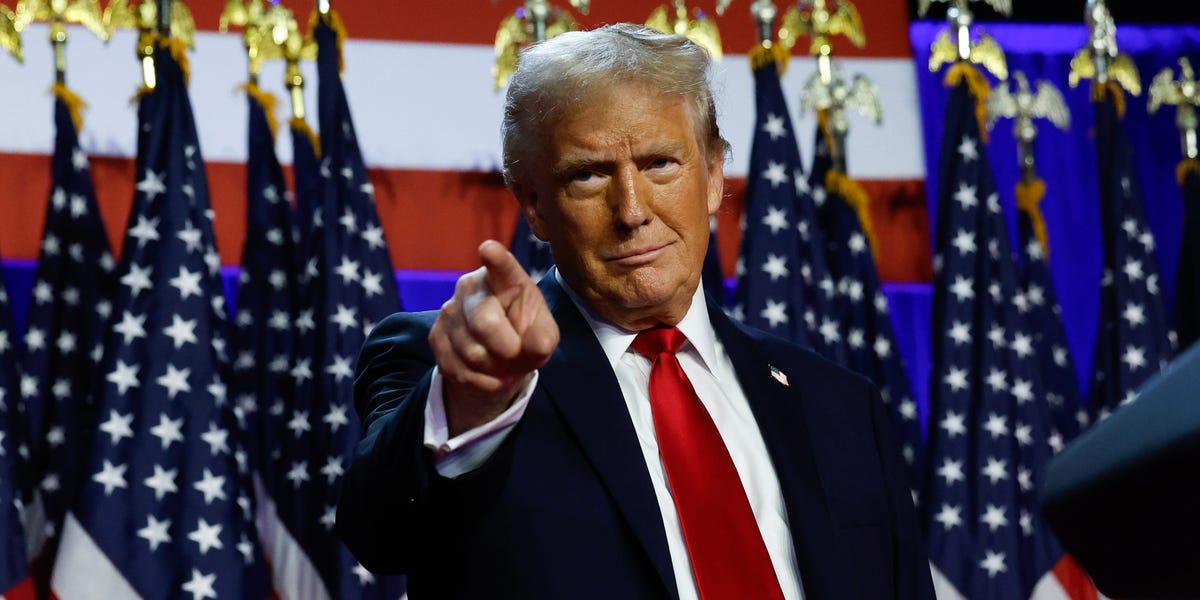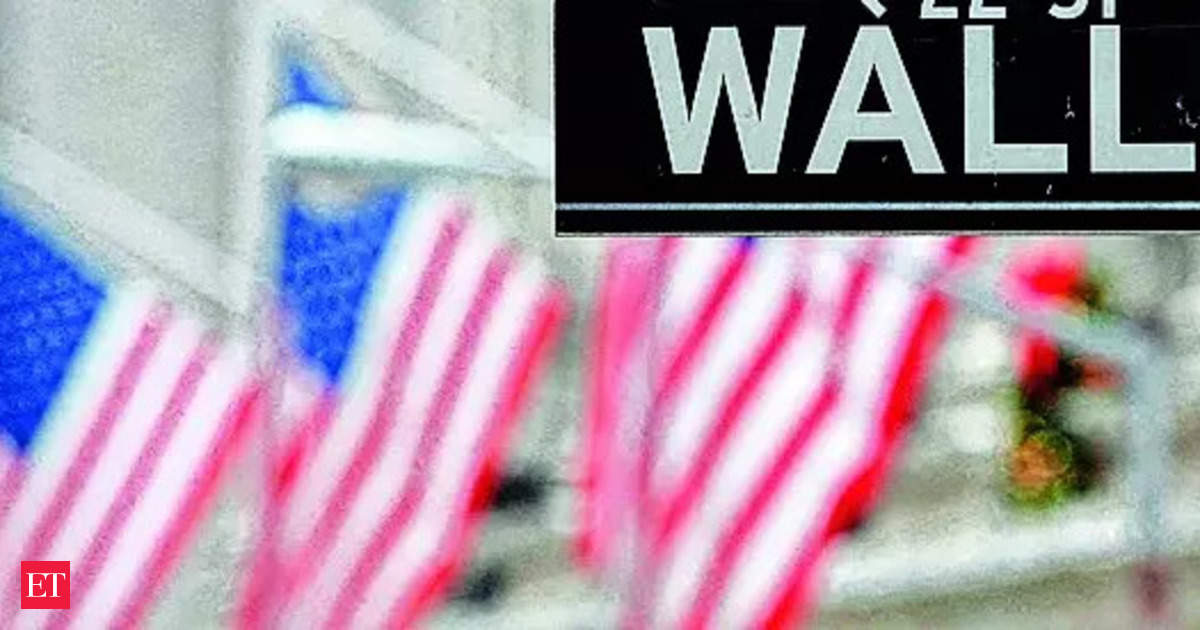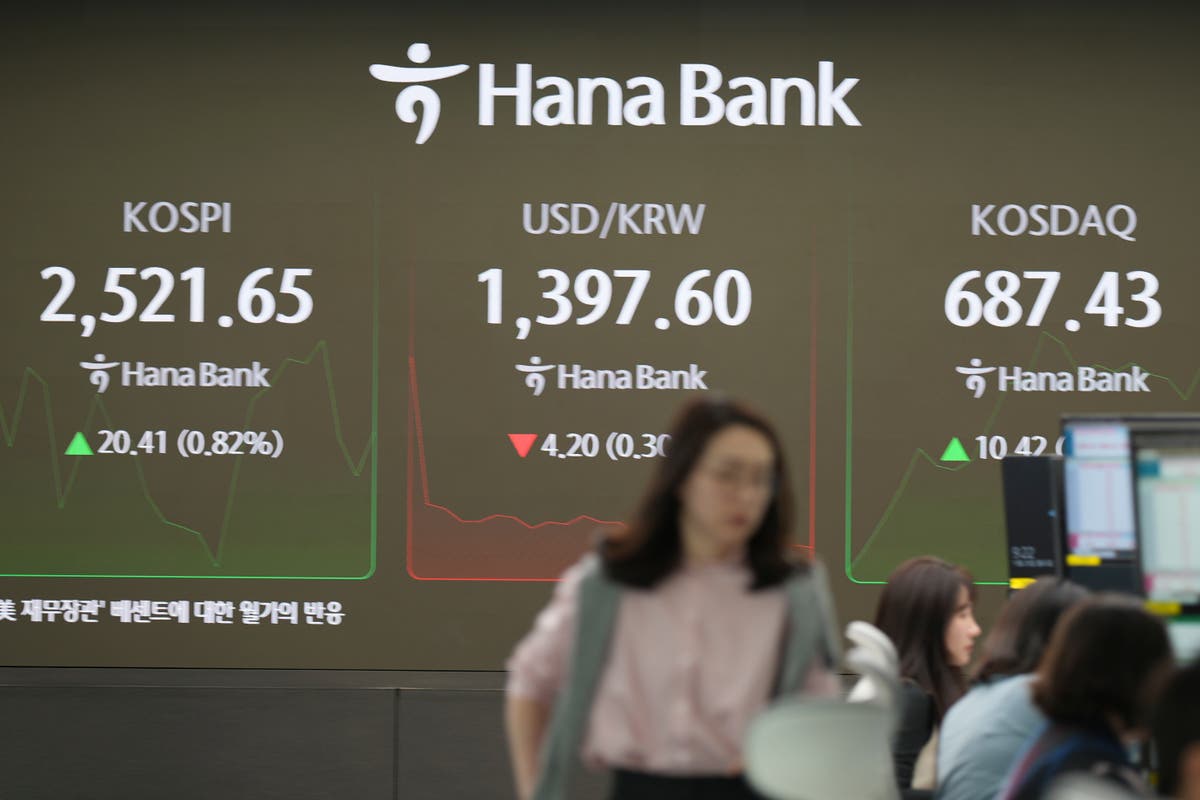- Trump could soften his economic agenda to appease investors, Wharton’s Jeremy Siegel said.
- That’s because Trump is “the most pro-stock market president” in history, Siegel told CNBC.
- Bond market investors have thrown a fit over some of Trump’s proposals, Siegel added.
Thanks for signing up!
Access your favorite topics in a personalized feed while you’re on the go.

Donald Trump might hesitate to carry out some of his sweeping economic agenda to avoid losing the approval of stock and bond investors, Wharton professor Jeremy Siegel said on Monday. .
In an interview with CNBC, Siegel said he believed Trump would adopt a strong pro-market stance over his next term, even at the expense of some of his proposed economic policies. The top economist pointed to Trump’s eagerness to point to the stock market as a measure of success in the past as a reason he might not want to upset the roaring bull market.
“President Trump is the most pro-stock market president we have had in our history,” Siegel added. “It seems to me very unlikely that he’s going to implement policy that will be bad for the stock market.”
A reaction to some of Trump’s proposed policies, which economists believe will add to the federal deficit and stoke higher inflation, was already seen in the bond market last week. Following the election, the yield on the 10-year US Treasury spiked past 4.4%, its highest level since July.
Though yields have pulled back and stabilized since, Siegel said it’s a sign that bond investors could be ready to protest any policies that pile on more government debt or fuel inflation.
It could also be a sign investors are concerned over the potential for higher inflation, and are anticipating higher interest rates from the Federal Reserve.
“I thought what happened on Wednesday after he won when those yields went up was a shot across the bow, saying, ‘Hey, you know, just watch out what you do. We’re there, and all the tax cuts you promised, we’re very skeptical,'” Siegel said. “Both the bond market and the stock market are going to be really big constraints on many of Trump’s programs.”
With a Republican-led Congress, Trump’s proposal to extend his 2017 tax cut package looks like a “slam dunk,” Siegel noted, though he said anticipated challenges to Trump’s other proposed tax cuts. If Trump were to implement all of his proposed cuts, yields could end up rising past 5%, Siegel predicted.
“So I think the trend of higher long-term rates is going to be with us,” he added.
Sigel added that the former president is also unlikely to wrest control from the Federal Reserve. Though Trump was reported to be making plans to exert more influence over the central bank’s policy decisions, the move would probably prove unpopular with markets.
“He might want a little bit more consultation, but the market likes the independence for the Fed. If he messes any substantial way with the independence of the Fed, that’s not going to be good for the bond market or the stock market,” he added.

















